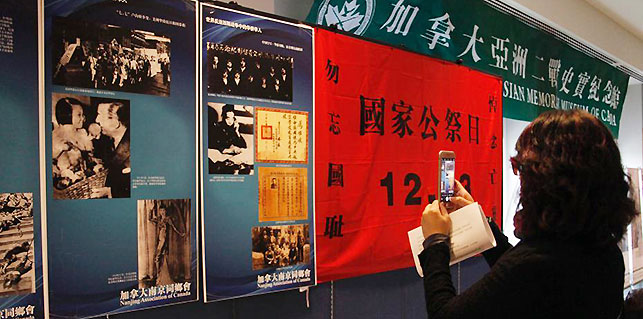US media's disconnect in Snowden case
Updated: 2013-06-22 08:24
By Chen Weihua(China Daily)
|
||||||||
 Associated Press President and CEO Gary Pruitt, once a First Amendment (of the US constitution) lawyer, has lashed out at US President Barack Obama for his administration's aggressive stance against whistleblowers and journalists.
Associated Press President and CEO Gary Pruitt, once a First Amendment (of the US constitution) lawyer, has lashed out at US President Barack Obama for his administration's aggressive stance against whistleblowers and journalists.
Addressing the National Press Club in Washington on Wednesday, Pruitt described the government's actions against journalists as unconstitutional and a violation of First Amendment rights. Such actions include seizing AP journalists' phone records by the US Justice Department in the name of national security and naming Fox News reporter James Rosen a co-conspirator in a case involving his source, a State Department contractor now charged with violating the Espionage Act for leaking information to Rosen for his story on the nuclear program of the Democratic People's Republic of Korea.
Pruitt warned that the government's actions would make sources reluctant to talk and thus prevent journalists from fulfilling their job of reaching news to the public, which to a certain extent has become the case since counter-terrorism, and national security became catchwords in the US after the Sept 11, 2001, terrorist attacks.
Not surprisingly, a member of the audience asked Pruitt why the US mainstream media were sounding increasingly like government spokespersons. Obama's visit to Berlin this week is a case in point, for most of the US mainstream media outlets only reported his call for the reduction of nuclear arsenals and ignored the "Yes, we scan" protesters who greeted him upon his arrival in the city.
The anger of many Germans at the National Security Agency's global online and phone surveillance program, which was exposed by former NSA contractor Edward Snowden, reflects the feeling of people in many countries.
In the US, however, the discussion in the mainstream media is often limited to whether the surveillance program has violated US citizens' rights. Very few seem to question whether such invasive surveillance programs on governments, institutions and citizens of other countries are legal or, for that matter, ethical.
Ironically, quite a few mainstream US media outlets have given wide coverage to people like former vice-president Dick Cheney, former NSA and CIA director Michael Hayden, and National Intelligence director James Clapper, while the surveillance program's critics can be heard only on channels such as Russia Today, Al Jazeera, and Democracy Now.
Given such an environment, even some congressmen and experts, known to have an opinion on everything, felt reluctant to speak their minds on the Snowden case at the recent seminars I attended.
At a recent talk attended by international news organizations in the US, many said they were disappointed with the US mainstream media's failure to present both sides of major stories by giving disproportionate time and space to the people they favored. Some media outlets simply choose to edit out serious news and instead focus on sex and murders. A former US news channel anchor, who works for a media outlet in Washington, said he felt his IQ had increased because he no longer had to repeat celebrities' names every day.
Many mainstream media outlets have spent more time and shown more interest in digging into Snowden's personal life than challenging whether the NSA program is a violation of privacy and civil liberties, which should be the main debate.
That Snowden said he did not believe he would get a fair trial in the US should not come as a surprise. The national security campaign and patriotic brainwashing going on in the US since 2001 mean that he would be sentenced way before a trial began.
Snowden said he landed in Hong Kong not to hide from justice, but to expose a grave crime. He also said that the greatest honor for an American is to be called a "traitor" by Dick Cheney. That is the kind of guts the mainstream media need to cover Snowden's case in a national security state.
The author, based in Washington, is deputy editor of China Daily USA. Email: chenweihua@chinadailyusa.com
(China Daily 06/22/2013 page5)
- 1st Panda cub born in France named Yuan Meng
- Final whistle for elephant polo in Nepal after 35 years
- Japan panel firms up April 30, 2019 as date for emperor's abdication
- War criminal dies after taking poison in ICTY court
- Tourists feel the heat over Bali volcano
- Egypt marks 115th anniversary of national museum in Cairo

 Top 10 easiest places in the world to do business
Top 10 easiest places in the world to do business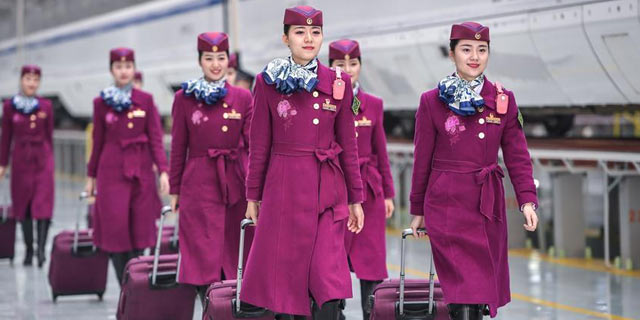
 Crew members of high-speed trains linking Xi'an, Chengdu
Crew members of high-speed trains linking Xi'an, Chengdu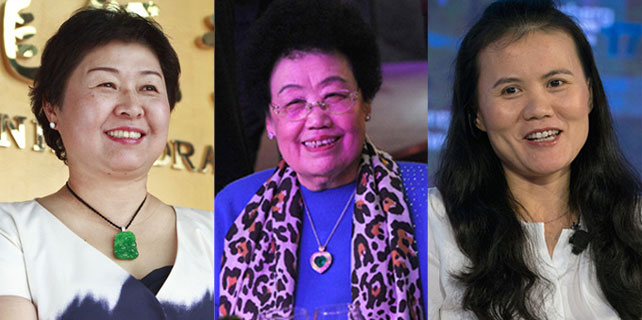
 Top 10 richest Chinese women in 2017
Top 10 richest Chinese women in 2017
 Macao Light Festival 2017 unveiled
Macao Light Festival 2017 unveiled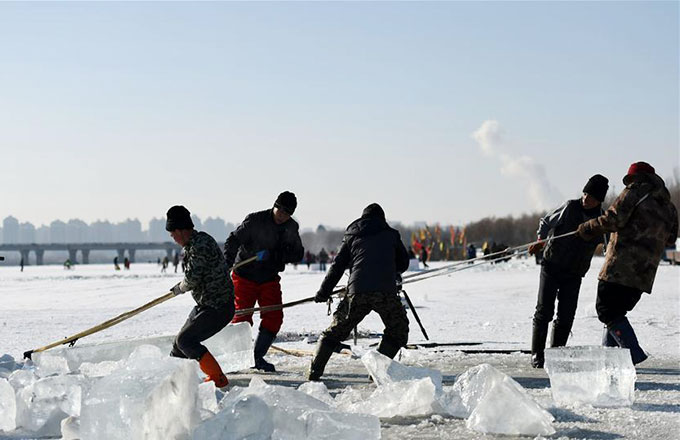
 Ice collecting season begins in Harbin
Ice collecting season begins in Harbin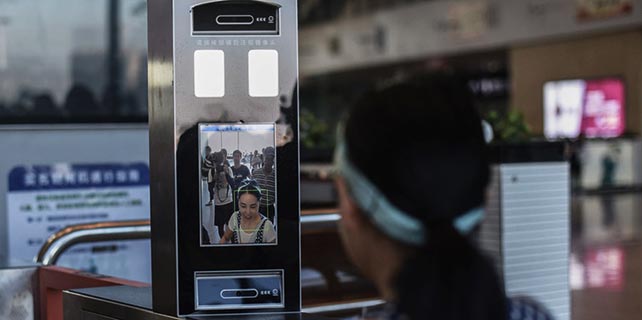
 Top 10 predictions for tech sector
Top 10 predictions for tech sector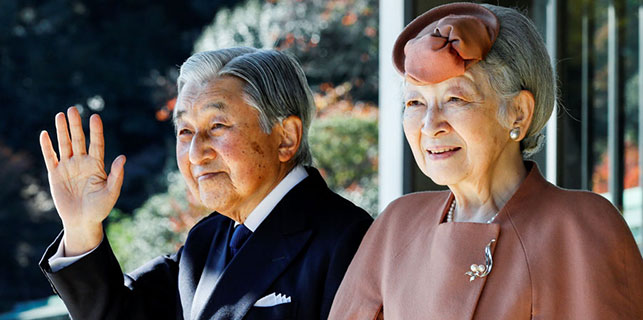
 The world in photos: Nov 27-Dec 3
The world in photos: Nov 27-Dec 3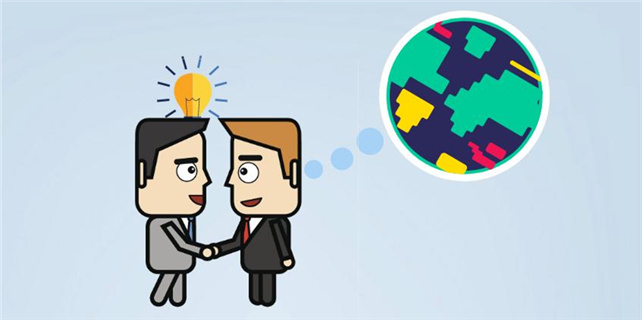
 Dialogue links global political parties
Dialogue links global political parties
Most Viewed
Editor's Picks
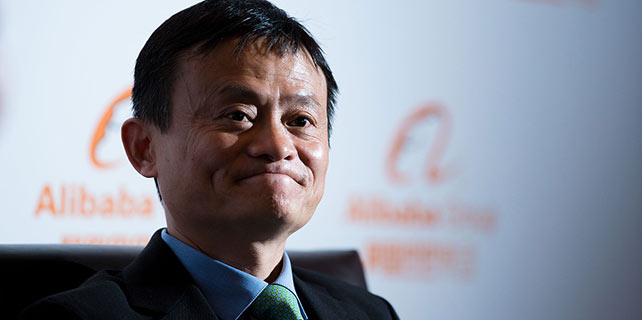
|

|
|
|
|
|
Today's Top News
Lawmakers Invited To Visit Tibet
Trump again criticizes US trade deficits
New Yorkers get taste of Chengdu food, opera
UN envoy heads to DPRK
China, US join hands in sat-nav
Byton smart car ready for Vegas
Montana has its day at Chinese embassy
Sesame Street takes on a Chinese theme
US Weekly

|

|







